
DOING
RESEARCH
POCKET STUDY SKILLS
Series Editor: Kate Williams,
Oxford Brookes University, UK
Illustrations by Sallie Godwin
For the time-pushed student, the Pocket Study Skills pack a lot of advice into a little book. Each guide focuses on a single crucial aspect of study giving you step-by-step guidance, handy tips and clear advice on how to approach the important areas which will continually be at the core of your studies.
Published
14 Days to Exam Success
Analyzing a Case Study
Brilliant Writing Tips for Students
Completing Your PhD
Doing Research (2nd edn)
Getting Critical (2nd edn)
Planning Your Dissertation
Planning Your Essay (2nd edn)
Planning Your PhD
Posters and Presentations
Reading and Making Notes (2nd edn)
Referencing and Understanding Plagiarism (2nd edn)
Reflective Writing
Report Writing
Science Study Skills
Studying with Dyslexia
Success in Groupwork
Time Management
Wheres Your Argument?
Writing for University (2nd edn)

Gary Thomas 2017
All rights reserved. No reproduction, copy or transmission of this publication may be made without written permission.
No portion of this publication may be reproduced, copied or transmitted save with written permission or in accordance with the provisions of the Copyright, Designs and Patents Act 1988, or under the terms of any licence permitting limited copying issued by the Copyright Licensing Agency, Saffron House, 610 Kirby Street, London EC1N 8TS.
Any person who does any unauthorized act in relation to this publication may be liable to criminal prosecution and civil claims for damages.
The author has asserted his right to be identified as the author of this work in accordance with the Copyright, Designs and Patents Act 1988.
First published 2017 by
PALGRAVE
Palgrave in the UK is an imprint of Macmillan Publishers Limited, registered in England, company number 785998, of 4 Crinan Street, London, N1 9XW.
Palgrave and Macmillan are registered trademarks in the United States, the United Kingdom, Europe and other countries.
ISBN: 9781137605917 paperback
This book is printed on paper suitable for recycling and made from fully managed and sustained forest sources. Logging, pulping and manufacturing processes are expected to conform to the environmental regulations of the country of origin.
A catalogue record for this book is available from the British Library.
A catalog record for this book is available from the Library of Congress.
Acknowledgements
I am enormously grateful to Kate Williams, the editor of the Palgrave Pocket Study Skills series, for her idea for this book and her invaluable advice and guidance in improving drafts. Many thanks also to colleagues and students at the University of Birmingham for their guidance and support. Huge thanks to Sallie Godwin for her excellent illustrations, Helen Caunce for stimulating this second edition, the anonymous reviewers of the first edition for their valuable comments, and the editorial and production teams at Palgrave for their detailed work.
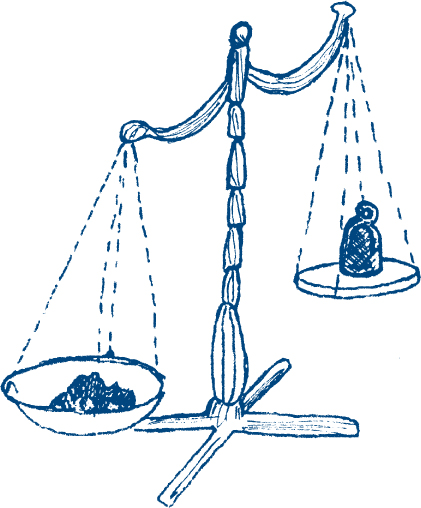
research: v. investigate; study; explore; delve into; examine; inquire; seek; look into. n. careful search; systematic investigation aimed at increasing the store of knowledge.
We all do research every day: research is just finding something out. Go to the train enquiries website and look up the time of your train thats research. Theres nothing difficult about research.
But when you do research at university something else is involved. The research has to be about something more significant than train times: its about finding out something new. You should be curious to find out an answer. In exploring your subject you have to base your inquiry not only on the information you collect, but also on what is already known about the subject. And your inquiry has to be thorough and balanced in other words, you cant just find out what you want to find out by ignoring any inconvenient facts that you uncover.
And it all has to be done in an order that lets you build from one part to the next in what I call the five steps of research.

All this, from beginning to end from the first question to reading around to conducting your own inquiries out in the field is research.
And why do you need this book? You need this book because students often, too often, begin by ploughing straight into interviews or questionnaires or whatever, without really being sure why they are doing them or what they are going to end up with. Good research design helps you to join the dots and end up with a meaningful piece of research: a piece of research that will get you an A.
Get a piece of paper and write down:
 An idea about something that interests you, or something that is important to you in your work or your studies. (Dont worry about getting it perfect at this stage. We will refine this later.) This is what you want to research into.
An idea about something that interests you, or something that is important to you in your work or your studies. (Dont worry about getting it perfect at this stage. We will refine this later.) This is what you want to research into.
 A timetable. You dont need much on it right now, just the date you will start and the date you have to hand in your work. (Well fill in more details later.)
A timetable. You dont need much on it right now, just the date you will start and the date you have to hand in your work. (Well fill in more details later.)
This will do for now. You have started. Marvellous! You know what you want to research into and you have a time by which you have to have completed your research project.
| Where do I get an idea from? |

Ideas can come from anywhere, such as:
 a topic you have found interesting in your lectures
a topic you have found interesting in your lectures
 an issue at work or on a placement
an issue at work or on a placement
 an item in the news
an item in the news
 something you have discussed with your friends
something you have discussed with your friends
 brainstorming with friends or family.
brainstorming with friends or family.
If none of this works, try:
 googling websites of big government departments such as education or health
googling websites of big government departments such as education or health
 putting Campbell Collaboration library into Google to find hot topics in social scientific research
putting Campbell Collaboration library into Google to find hot topics in social scientific research
Next page
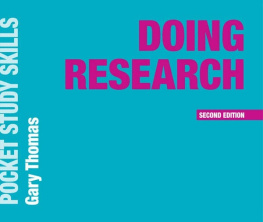
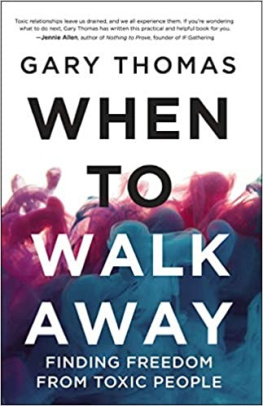
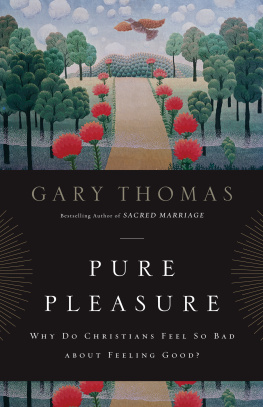
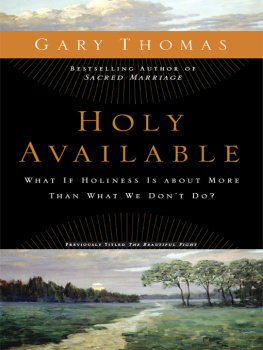
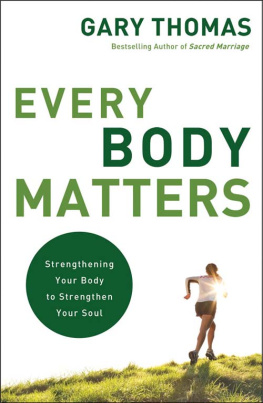

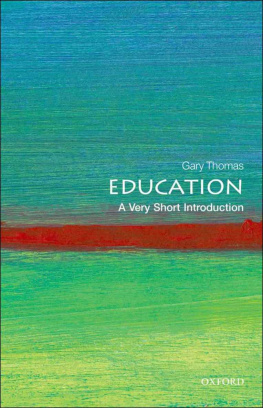

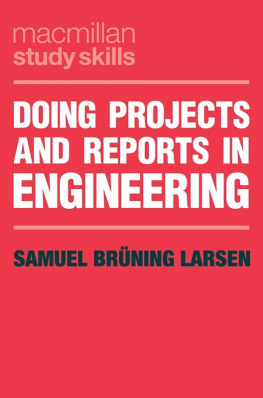
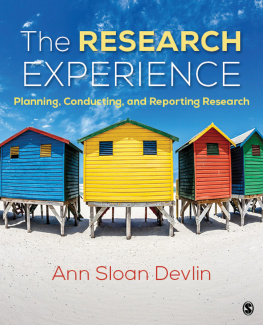

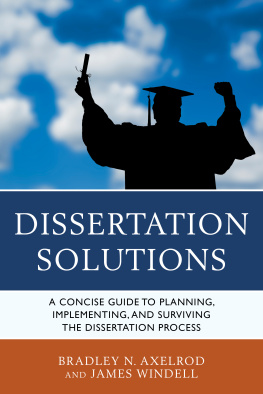
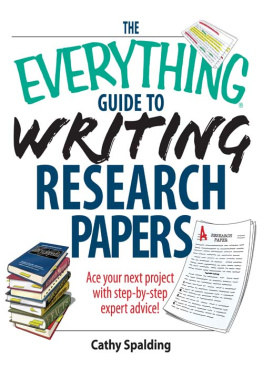
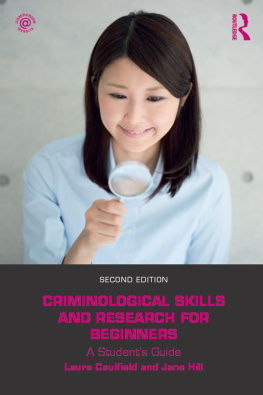
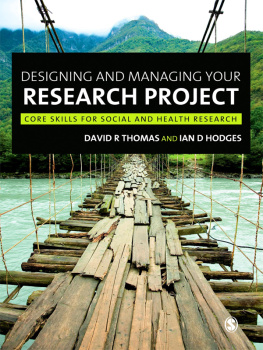
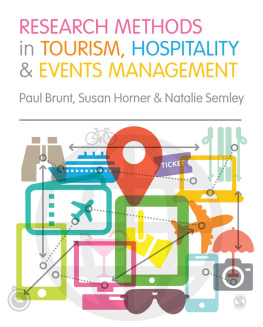
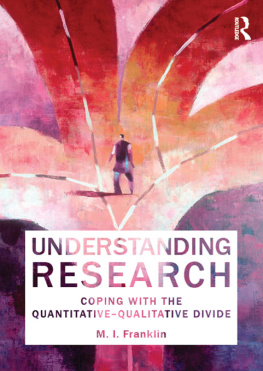
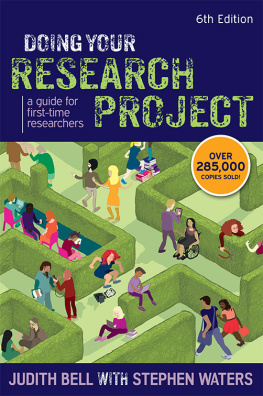




 An idea about something that interests you, or something that is important to you in your work or your studies. (Dont worry about getting it perfect at this stage. We will refine this later.) This is what you want to research into.
An idea about something that interests you, or something that is important to you in your work or your studies. (Dont worry about getting it perfect at this stage. We will refine this later.) This is what you want to research into.